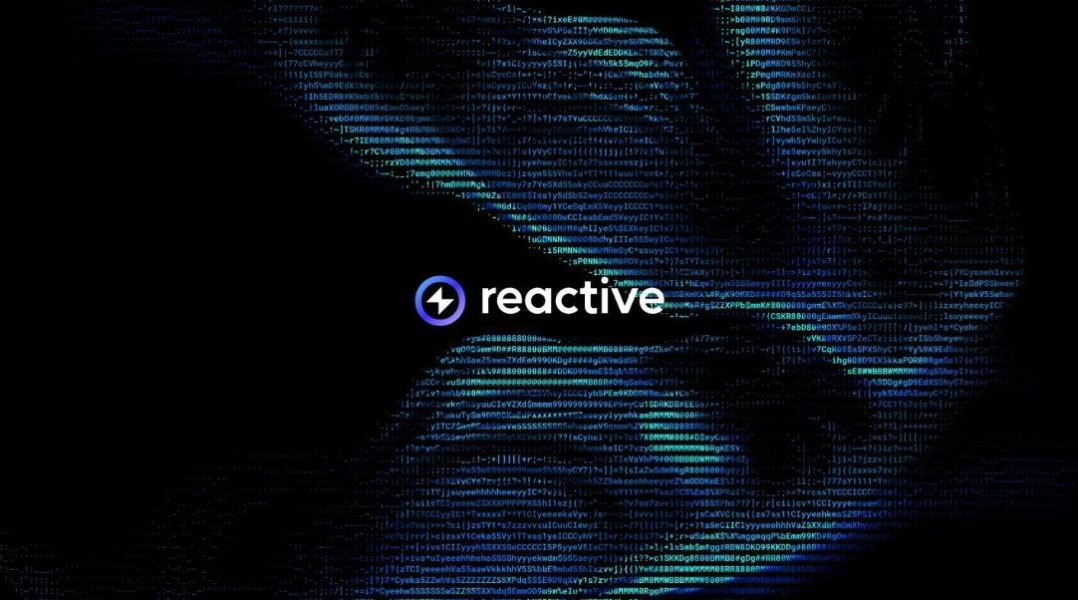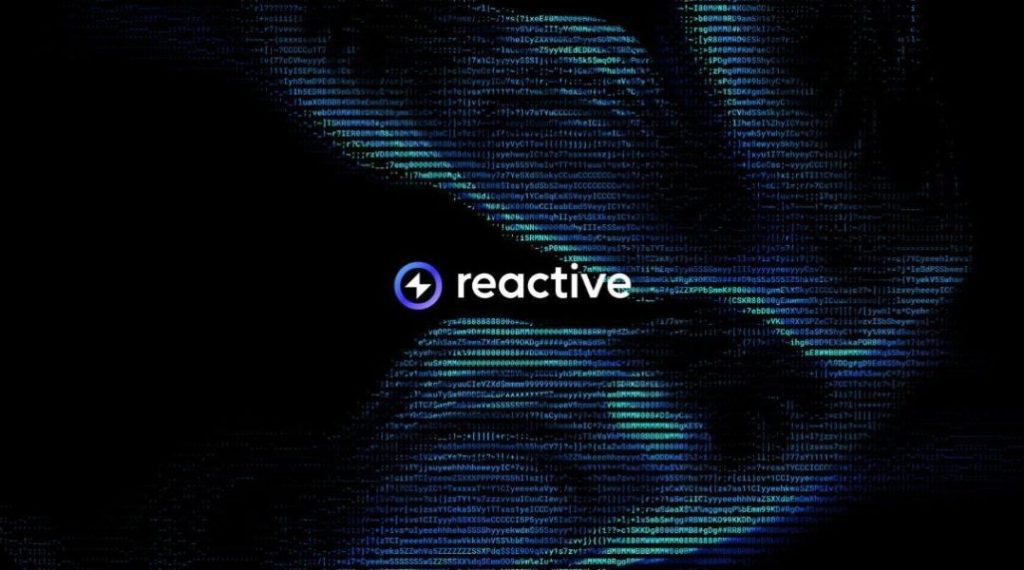The insurance industry, a pillar of global finance, has traditionally been resistant to rapid technological change. However, blockchain technology is emerging as a powerful disruptor, bringing unprecedented efficiency, transparency and innovative business models to the sector.
A major player in this transformation is the Reactive Network, a blockchain platform developed by the team at PARSIQ, a well-respected name in blockchain infrastructure. The Reactive Network is particularly notable for its Reactive Smart Contracts (RSCs), which introduce groundbreaking capabilities in smart contract automation, real-time data verification and cross-chain interoperability. These features position the Reactive Network as an ideal solution for modernizing the insurance industry, offering a robust framework that addresses the sector’s long-standing challenges while paving the way for new business models and greater operational efficiency.

The Imperative for Change in Insurance
Valued at approximately $7.2 trillion in 2023, the global insurance market is at a critical juncture. Traditional processes, particularly in claims processing, underwriting and fraud prevention, are increasingly seen as outdated and inefficient. For instance, insurance fraud in the U.S. alone is estimated to cost $308.6 billion annually, with approximately 20% of all insurance claims being fraudulent.
Blockchain technology offers a unique solution by providing a secure, immutable ledger that can record transactions in real time. This transparency is particularly valuable in claims processing, where traditional systems often result in delays and increased costs. By leveraging blockchain, insurers can automate the entire claims process, significantly reducing both time and costs.
One of the most transformative aspects of blockchain in insurance is its ability to enhance underwriting processes. Traditionally, underwriting has relied on historical data, which can lead to generalized and often inaccurate risk assessments. By integrating RSCs on blockchain with real-time data sources such as IoT devices, insurers can adopt a more dynamic and personalized approach to underwriting.
This shift improves the accuracy of risk assessments and allows for more competitive premiums tailored to individual customers. The Reactive Network plays a crucial role here through its ReactVM technology, a virtual machine optimized for executing smart contracts and processing real-time data across various platforms. By facilitating seamless data integration and ensuring that smart contracts operate efficiently across different blockchains, ReactVM enhances the granularity and accuracy of underwriting models. This enables insurers to offer more personalized and precise insurance products.
Parametric Insurance, Reinsurance and Automated Payouts
Parametric insurance — which pays out automatically when predefined conditions are met — is another area where blockchain, particularly the Reactive Network, is making significant strides. For example, in the event of a natural disaster, a parametric insurance policy could automatically trigger payouts based on real-time data from weather monitoring systems. This approach eliminates the need for lengthy claims processes and ensures that policyholders receive compensation promptly.
The Reactive Network can be leveraged to build a Cross-Chain Oracle, which plays a crucial role in enabling parametric insurance models. Oracles are systems that fetch external data (e.g. weather conditions) and relay it to the blockchain, where smart contracts can use this data to execute predefined actions. The Cross-Chain Oracle ensures that data from multiple on-chain sources is reliable and securely integrated into the DApps, allowing for accurate and automated payouts without human intervention.
Reinsurance, the process of transferring risk from insurers to reinsurers, is traditionally complex and often lacks transparency. Blockchain can streamline this process by creating a single, immutable version of the truth accessible to all parties involved. This reduces the potential for errors and disputes, speeding up the reconciliation process and improving trust between insurers and reinsurers.
Tackling Fraud Prevention and Regulatory Compliance with Blockchain
Fraud prevention is another critical area in which blockchain technology is making a significant impact. The immutable nature of blockchain records ensures that once a transaction or claim is recorded, it cannot be altered. This transparency makes it easier to detect and prevent fraudulent activities, which have long plagued the insurance industry. The Reactive Network enhances these capabilities through its Reactive Smart Contracts. These smart contracts can be programmed to automatically detect anomalies in claims data, cross-referencing it with historical records stored on the blockchain. By integrating machine learning algorithms, these smart contracts can identify patterns indicative of fraud and trigger alerts for further investigation, thereby reducing the incidence of fraudulent claims.
The insurance industry is heavily regulated, with strict compliance requirements that vary across jurisdictions. Blockchain solves these challenges by providing a transparent and auditable record of all transactions, simplifying compliance and reducing the risk of regulatory breaches.
The Reactive Network’s Subscription System in Reactive Smart Contracts simplifies compliance by automating the reporting and auditing processes required by regulators. This can ensure that all transactions are accurately recorded and easily accessible for audit, helping insurers meet their compliance obligations without compromising operational efficiency.
As the global blockchain in the insurance market continues to grow — projected to reach nearly $32.9 billion by 2031 — the role of platforms like the Reactive Network will only become more critical. By providing the scalability, security and interoperability needed to support innovative insurance models, the Reactive Network is not just facilitating the adoption of blockchain in insurance but actively shaping the future of the industry.
Extensive documentation and resources are available for those looking to delve deeper into Reactive Smart Contracts’ capabilities and the Reactive Network’s broader applications. Additionally, Reactive Network offers various incentive programs designed to foster innovation and encourage practical implementations of these advanced technologies.

Founder Dinis Guarda
IntelligentHQ Your New Business Network.
IntelligentHQ is a Business network and an expert source for finance, capital markets and intelligence for thousands of global business professionals, startups, and companies.
We exist at the point of intersection between technology, social media, finance and innovation.
IntelligentHQ leverages innovation and scale of social digital technology, analytics, news, and distribution to create an unparalleled, full digital medium and social business networks spectrum.
IntelligentHQ is working hard, to become a trusted, and indispensable source of business news and analytics, within financial services and its associated supply chains and ecosystems










